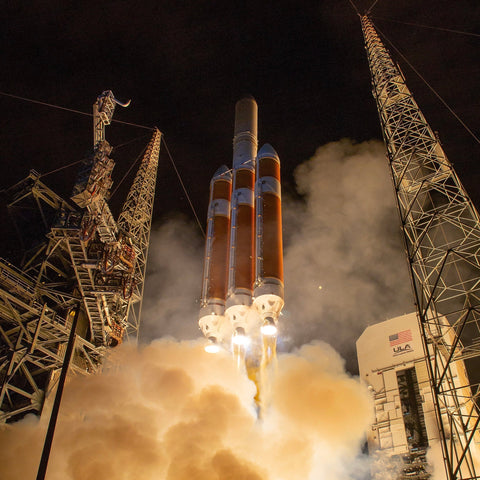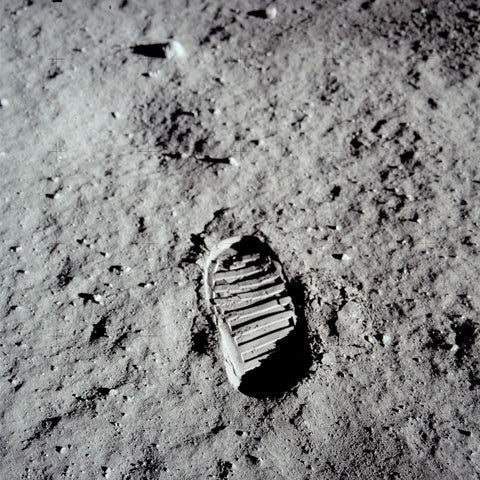The AquaNova Journal

The Parker Solar Probe, a NASA spacecraft, has been on an extraordinary mission to unlock the mysteries of our sun. Since its launch, it has journeyed closer to the sun than any previous spacecraft, providing unprecedented insights into our star. In this blog post, we'll explore the future missions and scientific potential of the Parker Solar Probe as it continues to revolutionize our understanding of the sun.

Apollo 14 stands as a remarkable chapter in the history of space exploration, marked by the triumphant return of astronaut Alan Shepard to space after a decade-long hiatus. This historic mission, launched on January 31, 1971, aimed to further humanity's understanding of the Moon's geology and composition, with a special focus on the Fra Mauro highlands. Let's journey back in time to explore the significance of Apollo 14 and Alan Shepard's enduring legacy.

The dream of space exploration has captured the imagination of humankind for generations. For those who aspire to venture beyond Earth's boundaries, the path to becoming an astronaut is a formidable and highly competitive journey. In this blog post, we delve into the rigorous astronaut selection process, shedding light on the extraordinary individuals who embark on this incredible journey to become space explorers.

Venus, the second planet from the Sun, has long captivated the imagination of scientists and space enthusiasts alike. Its shroud of thick clouds conceals many secrets, making it one of the most enigmatic bodies in our solar system. In the quest to unlock the mysteries of Venus, one mission stands out: the Magellan Space Probe Mission. Let's delve into this groundbreaking endeavor that revolutionized our understanding of our neighboring planet.

On July 20, 1969, humanity achieved a monumental milestone when the Apollo 11 mission successfully landed astronauts Neil Armstrong and Buzz Aldrin on the surface of the moon. This historic event marked the culmination of years of scientific innovation, technological advancement, and daring exploration. Join us as we journey back to that fateful day and explore the significance of the Apollo 11 mission, a moment that forever changed the course of history and inspired generations to reach for the stars.

In the world of horology, few complications capture the imagination quite like retrograde watches. With their intricate mechanisms and mesmerizing displays, retrograde timepieces stand as testaments to the artistry and craftsmanship of watchmaking. Join us on a journey as we delve into the fascinating world of retrograde watches, unraveling the mysteries behind their unique dial designs and intricate movements.

In the vast canvas of the cosmos, the quest to explore and understand the mysteries of the universe has led to the development of groundbreaking programs. Among these, the Orbiting Astronomical Observatory (OAO) program emerges as a pioneer in space-based astronomical observation. Join us as we embark on a journey to explore the OAO program's significance, innovations, and its role in advancing our understanding of the cosmos.

When Mariner 9 arrived at Mars in 1971, it heralded a new era of exploration for the Red Planet. As the first spacecraft to orbit another planet, Mariner 9 revolutionized our understanding of Mars and paved the way for future missions. Join us as we delve into the lasting legacy of Mariner 9 and its profound influence on the exploration of Mars in the decades to come.

